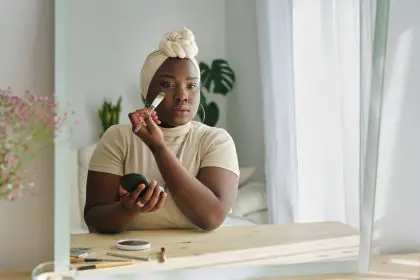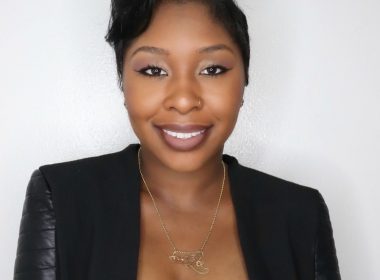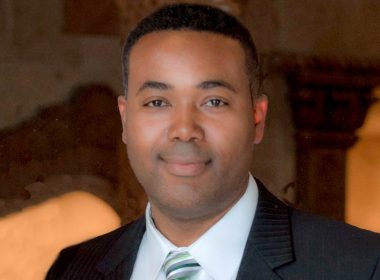
Dr. Paul C. Taylor has studied race theory and the philosophy of the African American experience for more than 20 years. Dr. Taylor is the author of Race: A Philosophical Introduction, Black Is Beautiful: A Philosophy of Black Aesthetics and The Philosophy of Race and serves as the head of African American Studies at Penn State University.
Dr. Taylor recently sat down with rolling out magazine to discuss the future of African American studies and how racism impacts the perception of black life in America. –amir shaw
How did you become involved with the study of philosophy?
I wanted to go to Northwestern or Princeton after high school. But my father insisted that I go to Morehouse. I’m glad I did because I learned different versions of the black experience that I would not have gotten in other places. I was encouraged to think that a lot of the things we think of in terms of racial politics can be fixed by philosophy. So I went into philosophy. Very few people knew how to blend philosophy with African American studies. I went to Rutgers and I was lucky enough to study with Cornell West who was at Princeton at the time.
What are your thoughts on the future of African American studies?
I think there are multiple futures. There are challenges, but there are opportunities because we have the benefit of standing on the shoulders of giants. We have generations of people who have figured out how to navigate in the academy in ways that allows us to take advantages of the opportunities. The future is many possibilities. There are a lot of different approaches to African American studies.
What are your thoughts on the perception of black life in America?
We’re not post-racial. We have made progressed in ways such as having a black president, but there is still a lot of work to do. We’re at a point where the persistent willingness to treat blacks less than human is at least being excavated in certain ways. It’s much harder now in certain places to say openly racist things that people use to say. All of that animus gets shifted into the subconscious fear. If you think about Trayvon Martin, part of what is at stake is implicit bias. You ask people if they think blacks are less than human, they’ll likely say “of course not.” But if you put them in a situation where they are forced to respond quickly, certain things manifest. That’s the challenge now. If you want to deal with implicit bias, you have to engage in a process of counter habituation. There are all of these interlocked problems that we have to face that deals with race. But now we see that racism connects to all of these other things.











